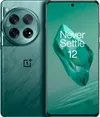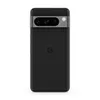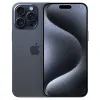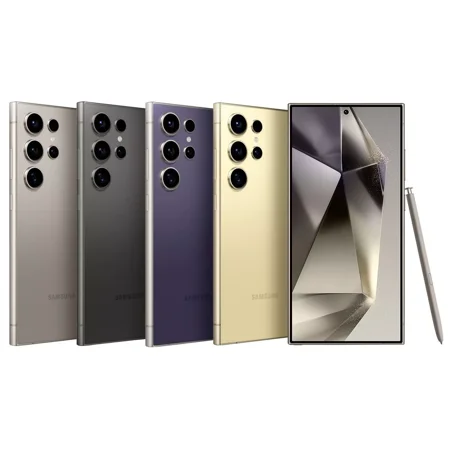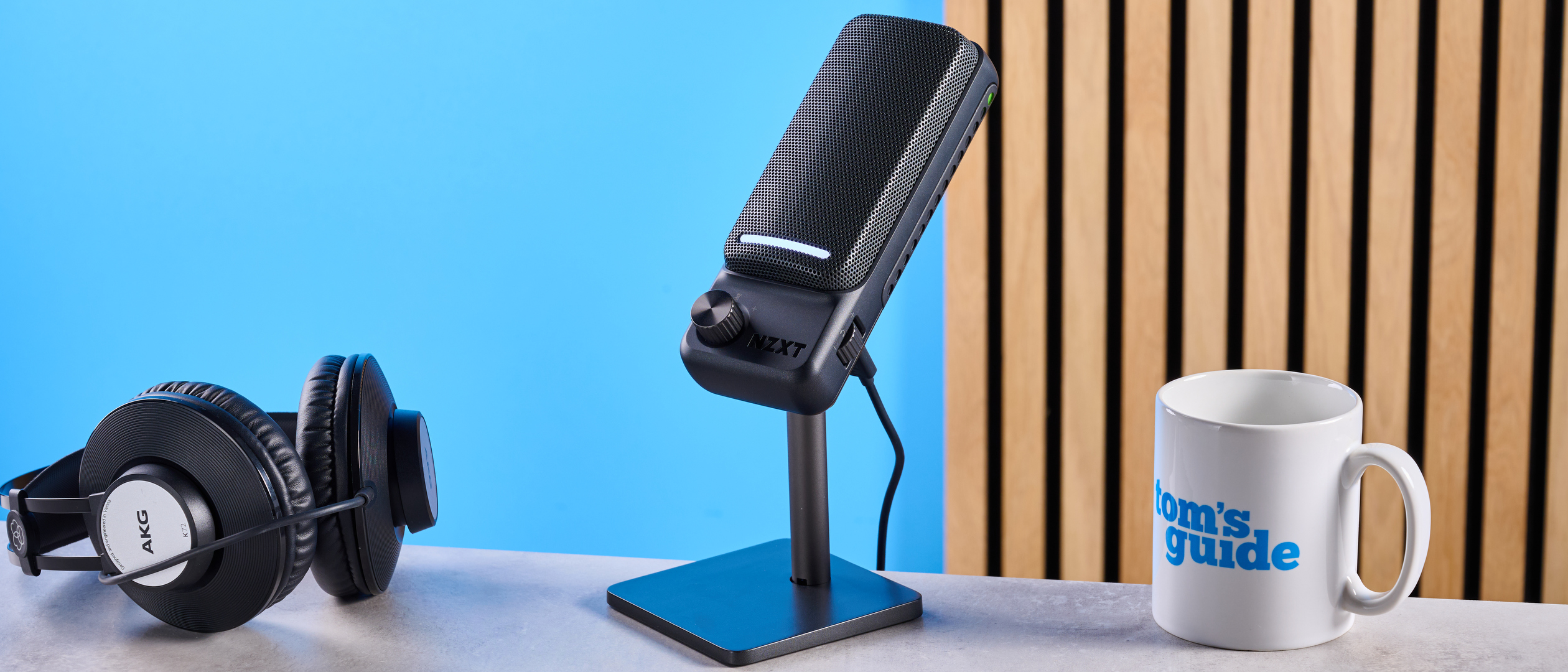Google’s Gemini Olympics ad is the very worst way to sell AI — here’s why
An Olympic-sized fail from Google
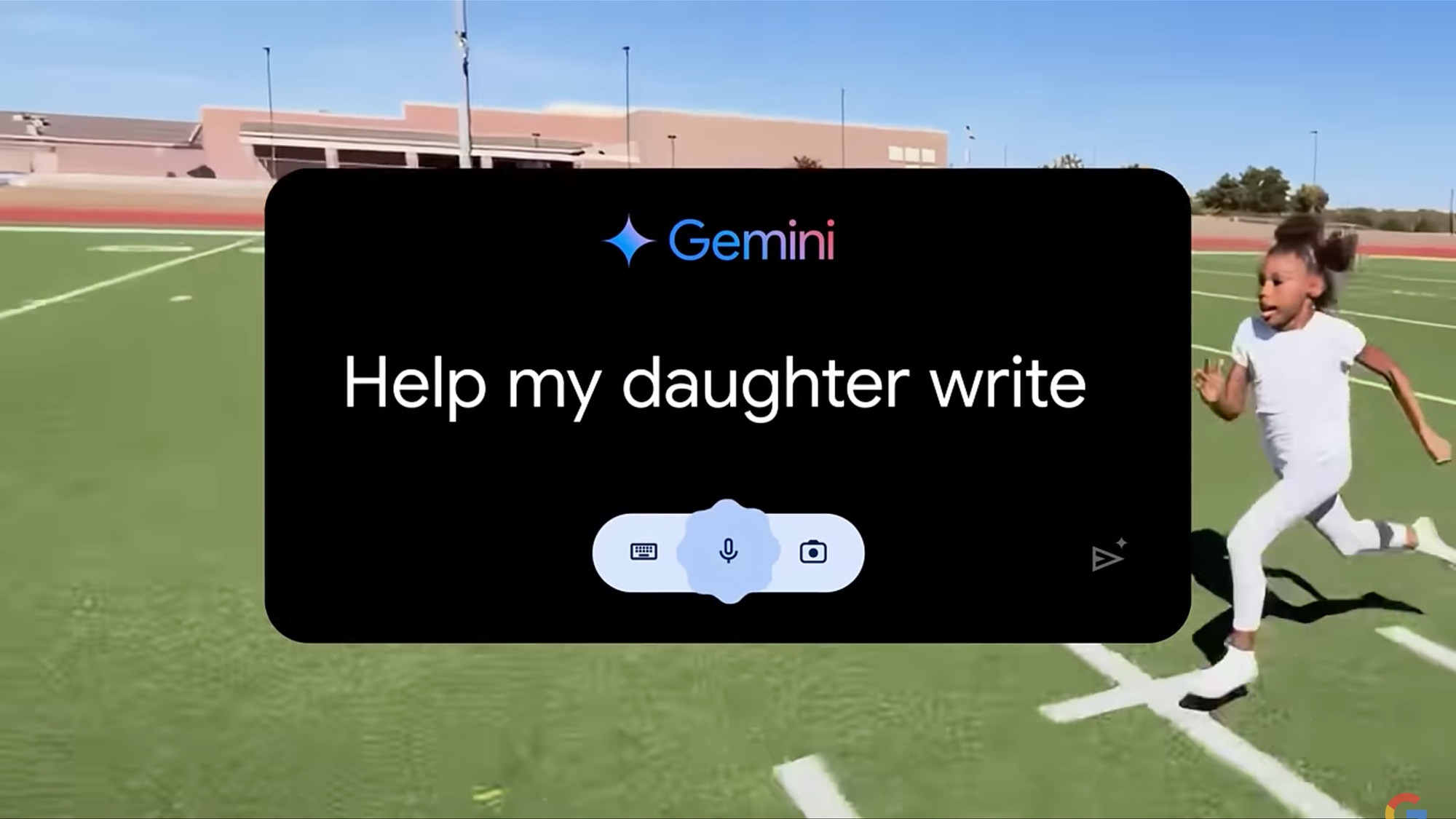
Every Olympics needs a villain, an omnipresent force that the citizens of the world can come together as one to root against. And though the 2024 Olympics in Paris are just a few days old as of this writing, a clear contender has emerged in the race to be the undisputed villain of this particular olympiad.
My fellow Olympics fans, rise to your feet and give a hearty jeer to the Google Gemini ad, in which a father turns to the AI platform to compose a fan letter to an Olympic sprinter on his daughter's behalf.
I've been watching the Olympics on Peacock, so I can't speak as to how frequently this ad is being broadcast on NBC or its many other channels. But on the streaming service, the Gemini ad surfaces with the regularity of an Olympic swimmer coming up for air. And each time the ad appears, my brow furrows, my fist clenches, and my face takes on the dour cast of a Soviet gymnastics judge from back in the day.
Quiet simply, the Google Gemini ad enrages because it embraces and celebrates the very worst things about AI-powered tools. If this is how Google is hoping to sell the capabilities of AI in general and Gemini in particular to a dubious public, it's badly missed the mark.
In case you missed it — Google's Gemini ad
The full 1-minute spot from Google starts out innocently enough. A father is telling us about his daughter who's shaping up to be quite the runner — not unlike U.S. Olympian Sydney McLaughlin-Levrone, whose record-breaking exploits are an inspiration to the girl at the heart of the ad. Within 20 seconds, we've seen young children with dreams of glory! A proud father talking up his little girl! An Olympic medalist back for more! What kind of monster would object to any of this?
I suggest you keep watching.
After Googling for tips on hurdling techniques and getting a Gemini-generated summary — a perfectly fine use of search tools, I hasten to add — our dad narrator then veers into shakier territory. "She wants to show Sydney some love," the dad says. "And I'm pretty good with words. But this has to be just right. So, Gemini, help my daughter write a letter telling Sydney how inspiring she is." The ad ends with Gemini composing said letter as the words "A little help from Gemini" flash up on the screen.
Well, more than just a little, one might argue, since it's Gemini coming up with all the wording.
I have some follow-up questions for Google and/or Gemini:
- Why isn't the girl asking Gemini to be her ghost writer if this fan letter is so important to her?
- Why does the letter have to be "just right?" Is it being graded for spelling and grammar? Is Sydney McLaughlin-Levrone likely to read it and think "Hmmm, the writing in this child's fan letter isn't polished enough" before hurling her laptop into the trash?
- And finally: Why would you think this is the best way to showcase AI?
Seriously, there is nothing more personal than a fan letter that expresses how much someone impresses and inspires you. And there is no more impersonal way to compose such a letter than to have a robot do it for you. As someone who gets a lot of email each day, I can tell you it's really easy to spot which ones are form letters, and I'm going to guess that Gemini hasn't cracked the code on how to make such a letter sound like it's coming from the heart.
What AI is good for
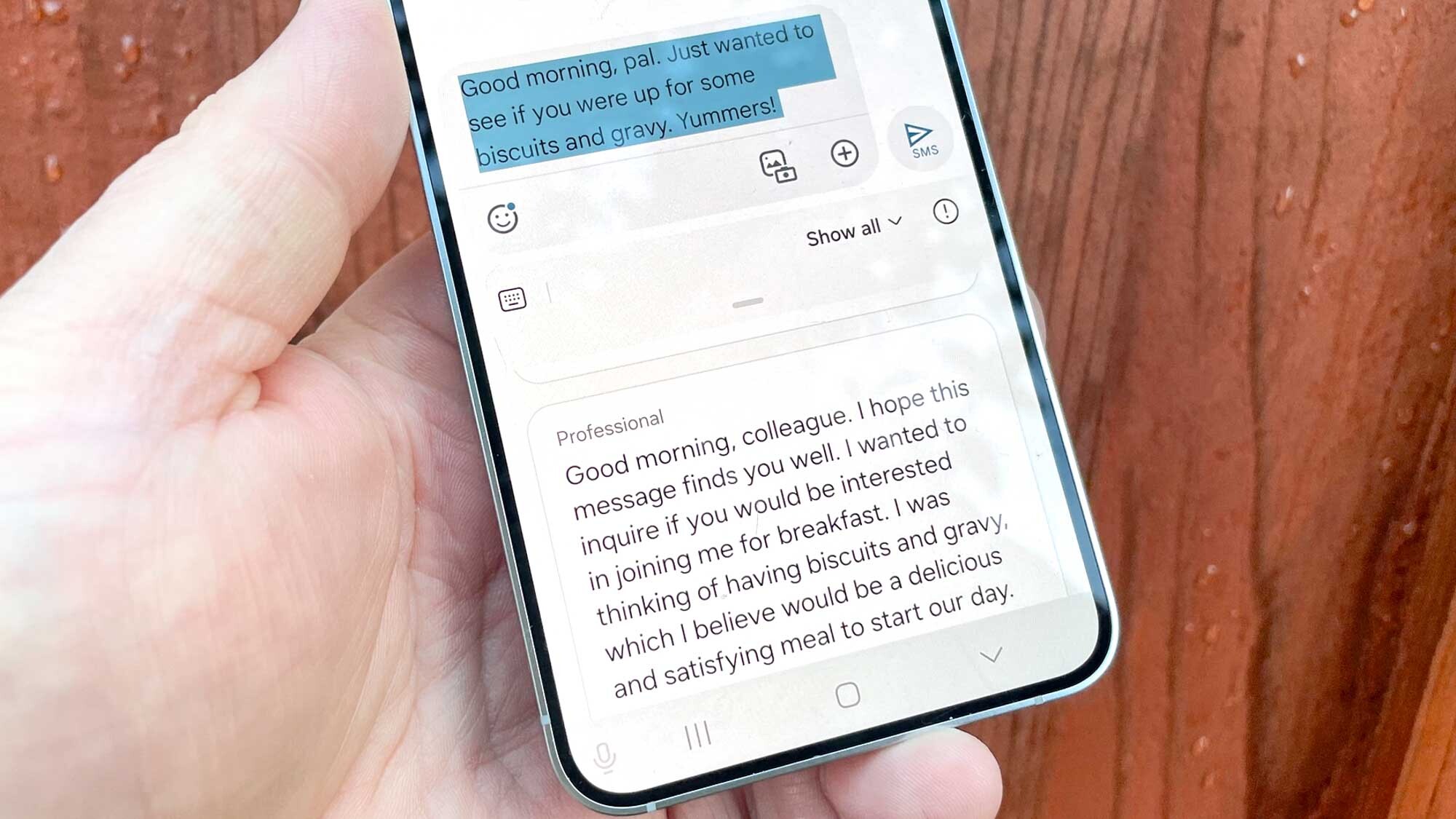
AI-powered features are finding their way into a lot of products as of late, particularly when it comes to the smartphones I spend a lot of time testing and writing about. So I've spent a good portion of the past year trying out various AI features, which has given me some idea of where the technology thrives and where it stumbles.
On the phone at least, the best kind of AI features take dull, labor-intensive tasks off my hands so that I can be freed up to do more creative thinking. Transcribing an audio recording is a great example of that, as tackling that by yourself means listening to the audio, typing what you hear, rewinding the audio to make sure you didn't miss anything, and correcting any typos you've made along the way. It is beyond tedious, and it takes a long time, even for a speedy typist. An AI platform can handle that very quickly, if not always as accurately as I would like to see. But still, it's a productivity booster, which is why you'll find that feature on Samsung phones, Pixel devices and — once iOS 18 is fully released — iPhones.
I saw another great example of how AI can be put to good use this past spring at Google I/O in a demo of Gemini Advanced. The AI platform was able to analyze two documents — a 522-page PDF and a 144-page one — and identify topics covered in one document but not the other. That would be a mind-numbing project for a person, but an AI model can handle it with ease.
Where AI tends to stumble in my experience is when you ask it to perform the kinds of personal tasks best handled on your own. There's a Chat Assist feature in Galaxy AI that offers to adjust the tone of any text messages you send — when I tested it, the people I texted with were largely able to figure out which messages came from me and which ones had been tweaked by an algorithm.
What Google has to say
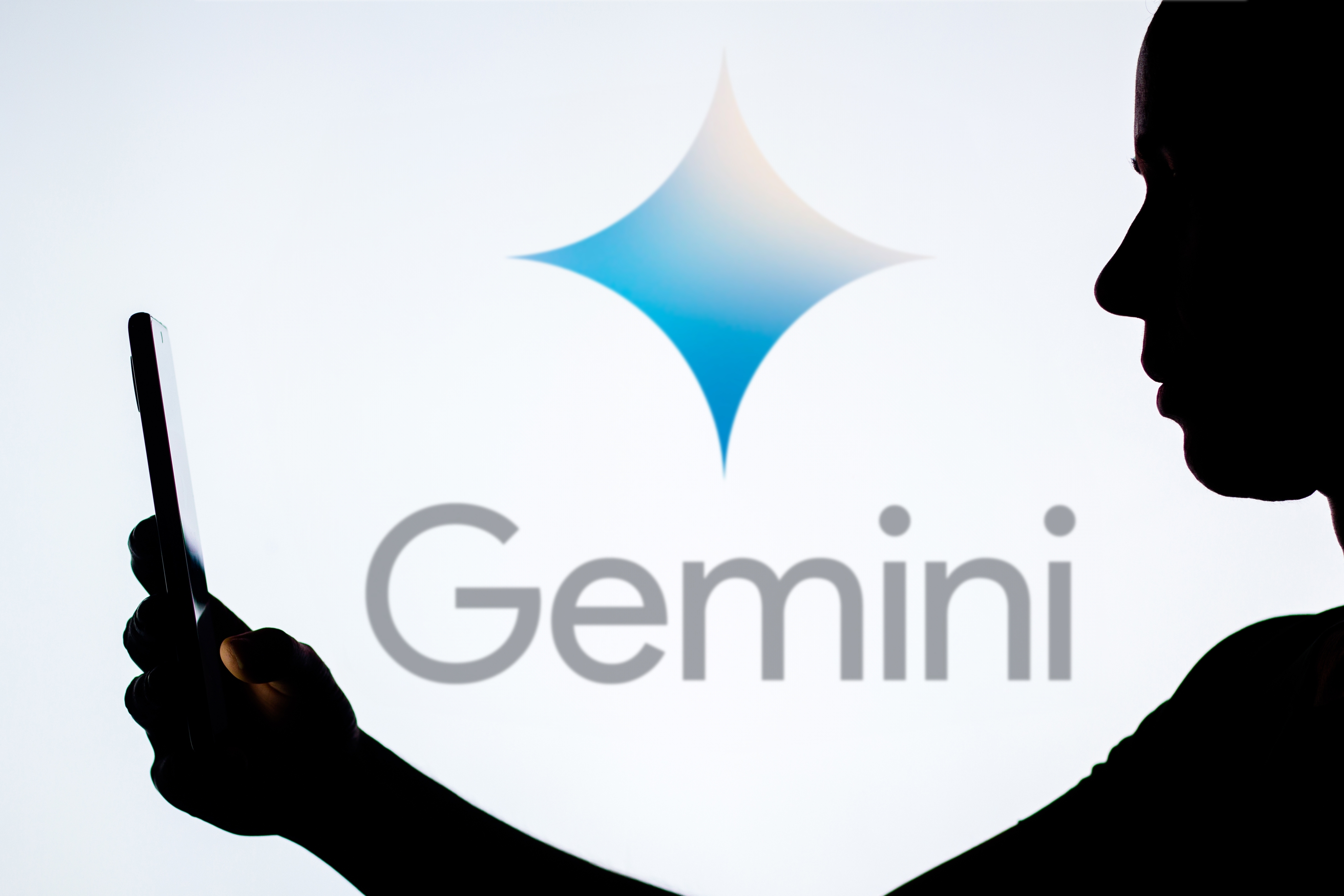
Having an AI fine-tune your texts — or your fan letters to Olympians, for that matter — may tackle any anxiety you have about getting your message across, but it strips you of your humanity in the process. I don't think that's something tech companies should be pushing for in their relentless pursuit to cram AI into every function. And I certainly don't think it's something that should be the cornerstone of a multi-million-dollar ad campaign meant to convince me that AI tools will make my life better.
Google would beg to differ, at least based on a statement the company gave to CNN in which it contends that "that AI can be a great tool for enhancing human creativity, but can never replace it.”
The statement goes on to say that ad "aims to show how the Gemini app can provide a starting point, thought starter, or early draft for someone looking for ideas for their writing.” Which would be a fine counter-argument if, at any point, we saw someone creating something in the ad. All we ever see is Gemini spitting out text.
So yeah, not a very good ad. Hopefully, it gets Google to rethink just what it's trying to say about AI and how it goes about saying it. And the next time Google looks to convince people that these tools are about sparking creativity and not superseding it, maybe try doing it without Gemini's input first.
More from Tom's Guide
- Which AI chatbot is best at search — I compared ChatGPT, Gemini and Perplexity
- I just tried Apple Intelligence on my iPhone 15 Pro — here's what I learned
- Google Gemini now lets you summarize YouTube videos — here's how to do it
Sign up to get the BEST of Tom's Guide direct to your inbox.
Get instant access to breaking news, the hottest reviews, great deals and helpful tips.
Philip Michaels is a Managing Editor at Tom's Guide. He's been covering personal technology since 1999 and was in the building when Steve Jobs showed off the iPhone for the first time. He's been evaluating smartphones since that first iPhone debuted in 2007, and he's been following phone carriers and smartphone plans since 2015. He has strong opinions about Apple, the Oakland Athletics, old movies and proper butchery techniques. Follow him at @PhilipMichaels.




